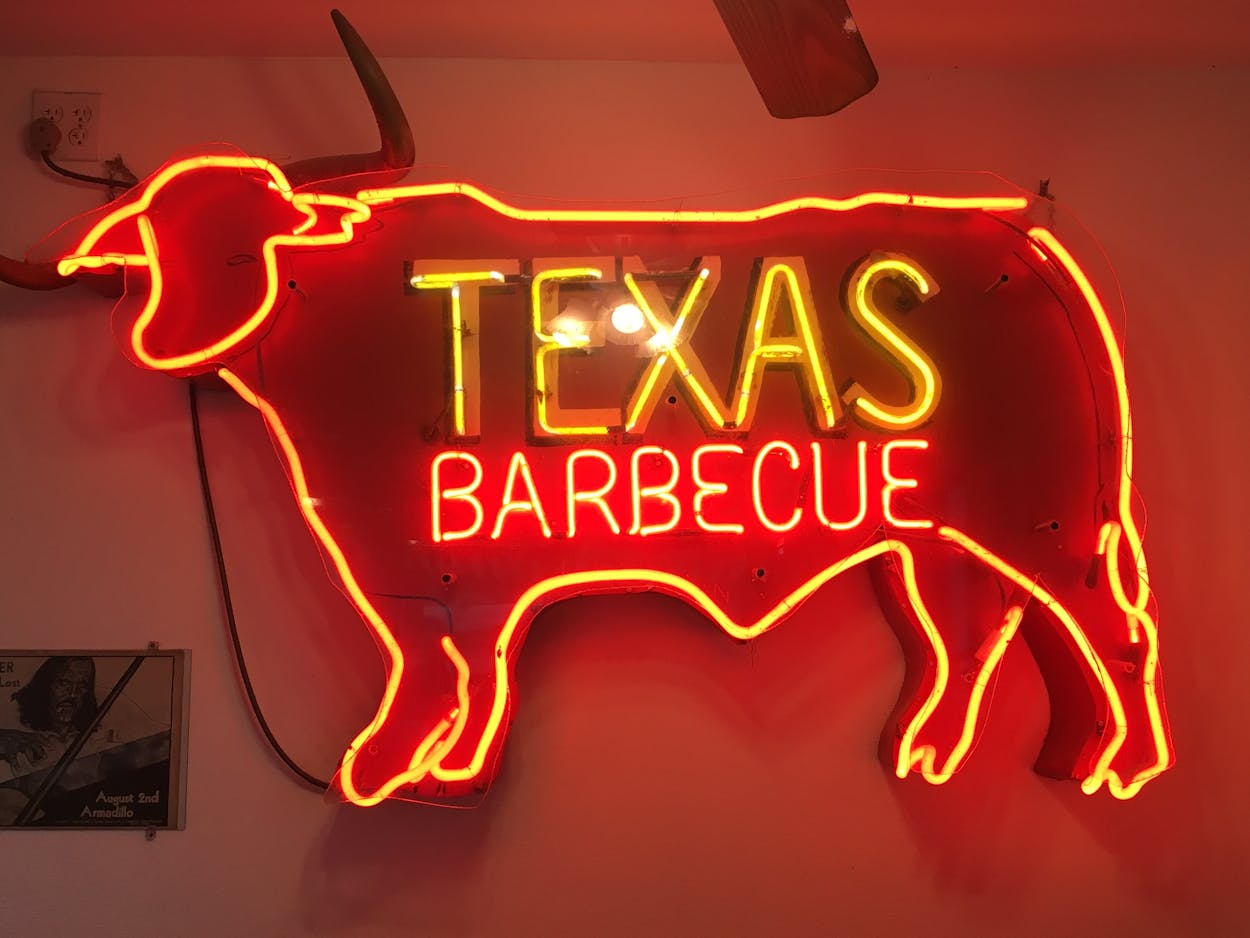You may have noticed the yammering of a South Carolinian about the “tyranny” of Texas barbecue in a recent article on First We Feast. The author, Robert Moss, is the barbecue editor for Southern Living. An esteemed position, for sure, but it’s curious that the magazine chose to poll their readers on the ten best barbecue joints in the South rather than send Moss on the road. (Okay, I own two of Moss’s books on barbecue, but Southern Living made this too easy.)
The article is an attempt to pigeonhole every Central Texas barbecue joint into a single category that supposedly follows Moss’s five rules. An explanation then follows as to why good old Southern barbecue (read: pork) isn’t harnessed by such requirements. Despite the illogical leaps made in his rules, Moss’s article isn’t much more than a tantrum. Texas barbecue is popular, far more popular across the world than the pulled pork of Moss’s native South Carolina, and he’s mad about it. (For the record, I love whole hog barbecue, but I don’t plan to make up any rules about it). There’s probably some residual anger about not being asked by the magazine that employs him to weigh in on the South’s best barbecue list, but it sounds like one of the “unseemly cries for attention” that Moss accused us of in 2013. This article amounts to nothing more than red meat for an audience of Southern barbecue faithfuls.
I won’t delve into rule-by-rule counterpoints, but according to Moss’s second rule, we’ve gone too far with our preference of fresh barbecue over leftovers. This is where he completely lost me, but what’s perplexing about every rule he lists is that they’re all broken all over Texas. Daily. And that whole thing about not serving sauce? Do your research Moss. There’s one barbecue joint in all of Texas (Kreuz Market) that doesn’t serve sauce, and I don’t know of any Texas-style barbecue joint outside of Texas that doesn’t offer barbecue sauce.
Moss admits that Texas barbecue acolytes across the country “introduced a new generation of diners to traditional barbecue.” That’s a good thing. The world is richer, in a culinary sense, because Oregonians, New Yorkers, Parisians, and even South Carolinian barbecue joint owners loved Texas brisket so much they had to share it with their neighbors back home. Moss just wishes it was whole hog instead of brisket, and for that he portrays our barbecue as tyrannical. It’s like sherbet blaming ice cream for everyone loving it. Ice cream didn’t force anyone to love it, and neither did brisket.








